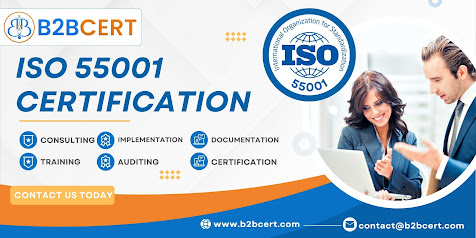Introduction to Energy Management System Certification in Madagascar
In the dynamic landscape of energy management, ISO 50001 Certification in Madagascar emerges as a pivotal player committed to sustainable development and efficient resource utilization. This introduction sets the stage for understanding the significance of Energy Management System certification within the Malagasy context.
Madagascar, renowned for its rich biodiversity and unique ecological heritage, faces multifaceted challenges in energy management. With a growing population and expanding industries, the demand for energy continues to rise, necessitating strategic measures to optimize energy consumption and mitigate environmental impacts.
Amidst these challenges, the adoption of ISO 50001, the international standard for energy management systems, becomes imperative. ISO 50001 provides a systematic framework for organizations to establish, implement, maintain, and improve energy performance, thereby enhancing energy efficiency, reducing costs, and minimizing greenhouse gas emissions.
This certification journey in Madagascar signifies a commitment to sustainable development, economic growth, and environmental stewardship. It represents a proactive stance towards energy management, aligning with global efforts to transition towards cleaner, more resilient energy systems.
In this introduction, we delve into the unique aspects of energy management in Madagascar, explore the motivations behind EnMS certification, and outline the overarching objectives and benefits of pursuing ISO 50001 Certification in Chennai accreditation within the Malagasy context. Together, we embark on a voyage towards a greener, more sustainable future for Madagascar.
Implementation of Energy Management Practices
Commitment and Leadership:
Engage top management to demonstrate commitment to energy management goals.
Establish clear roles, responsibilities, and accountability throughout the organization.
Energy Policy Development:
Formulate a comprehensive energy policy aligned with organizational objectives and local regulations.
Communicate the energy policy to all stakeholders to ensure awareness and buy-in.
Identification of Significant Energy Uses (SEUs):
Identify and prioritize SEUs based on their energy consumption and potential for improvement.
Implement energy data collection and monitoring systems to track SEU performance.
Energy Efficiency Opportunities (EEOs) Identification:
ISO 50001 Certification in Cameroon Engage employees at all levels to identify and assess energy-saving opportunities.
Evaluate technological, operational, and behavioral measures to optimize energy use.
Action Planning and Implementation:
Develop action plans specifying tasks, timelines, responsibilities, and resources for implementing EEOs.
Implement energy-saving measures systematically while ensuring minimal disruption to operations.
Employee Training and Awareness:
Provide training programs to enhance employee awareness and competency in energy management.
Foster a culture of energy efficiency and encourage employee participation in energy-saving initiatives.
Integration with Business Processes:
Integrate energy management practices into existing business processes and management systems.
Ensure alignment with other organizational objectives, such as quality, safety, and environmental management.
How to Get Madagascar ISO 50001 Certification.
For more information about ISO 50001 consultants in Madagascar, as well as ISO 50001 training and consulting services in Madagascar, please visit www.b2bcert.com or email contact@b2bcert.com. We use value addition to examine criteria and determine the most accurate and cost-effective solution for your company to obtain ISO 50001 certification in Madagascar.




Comments
Post a Comment